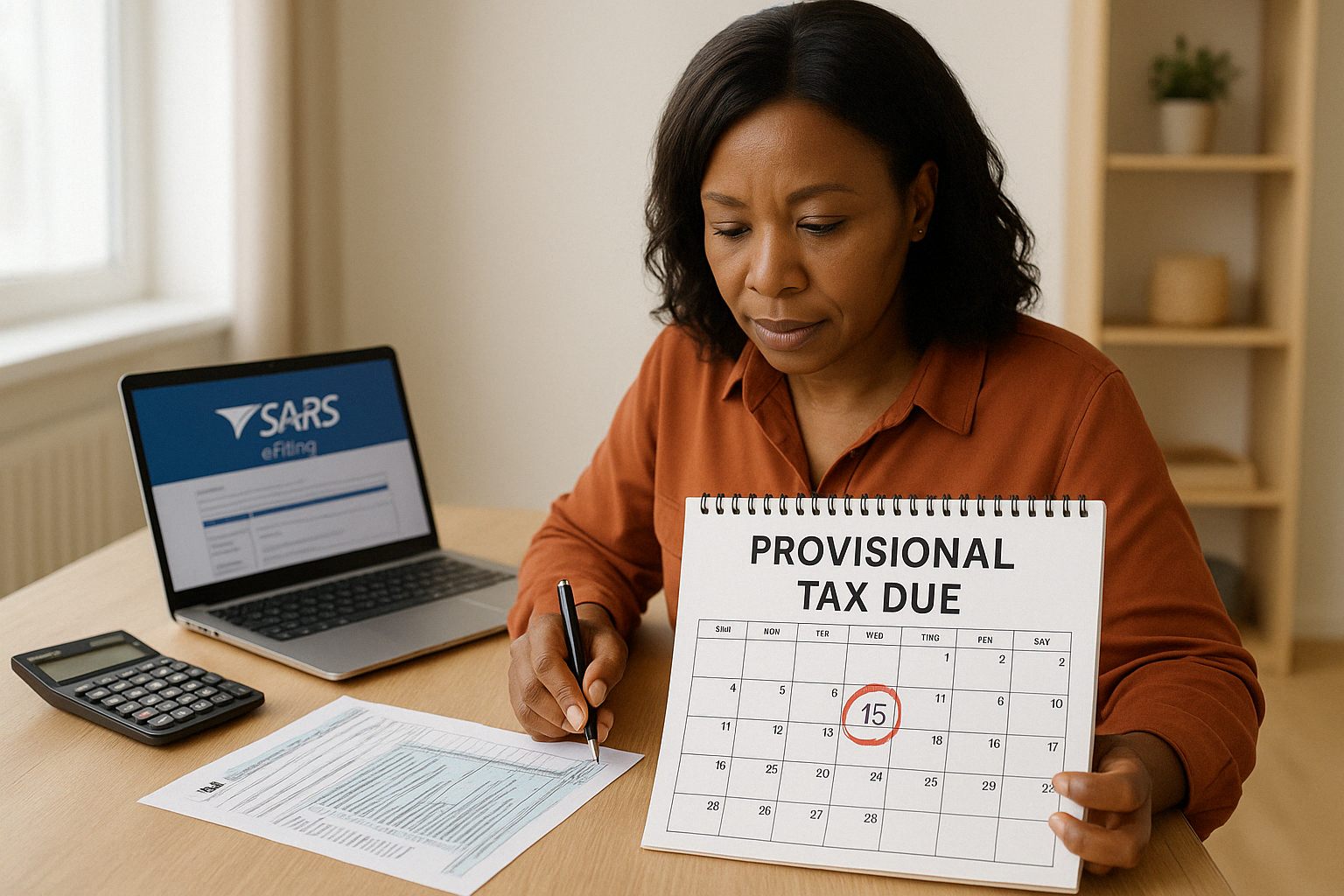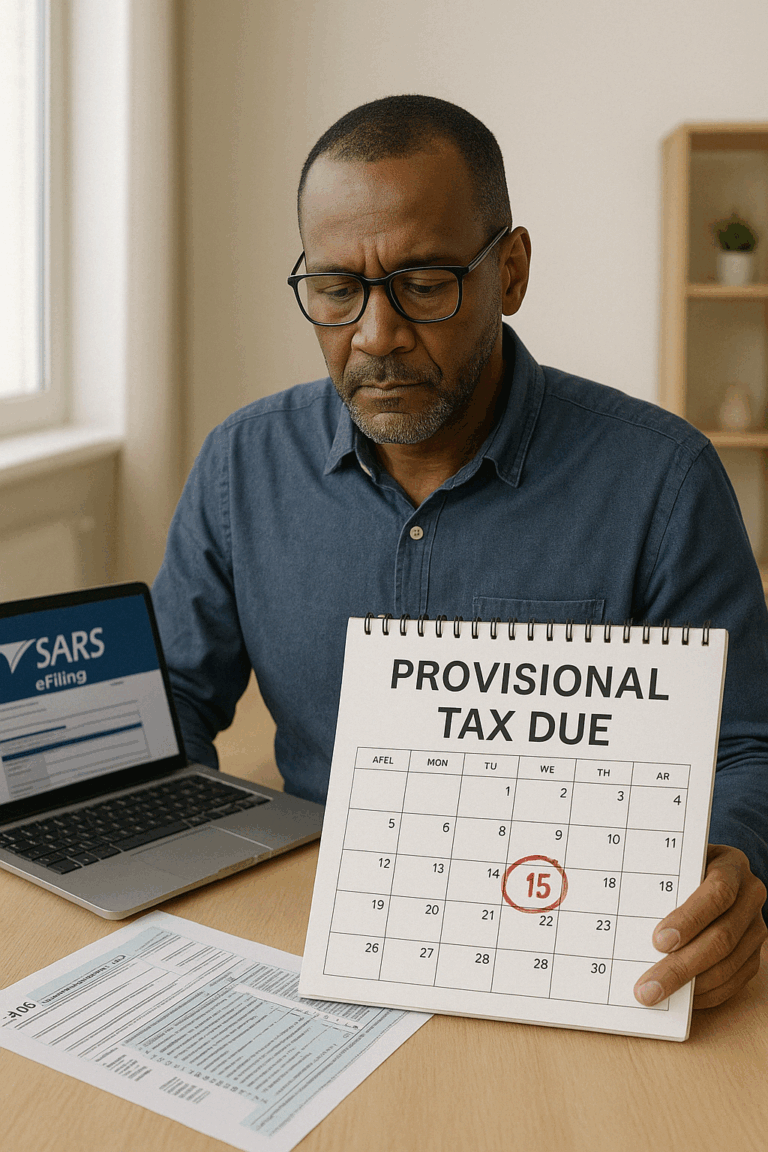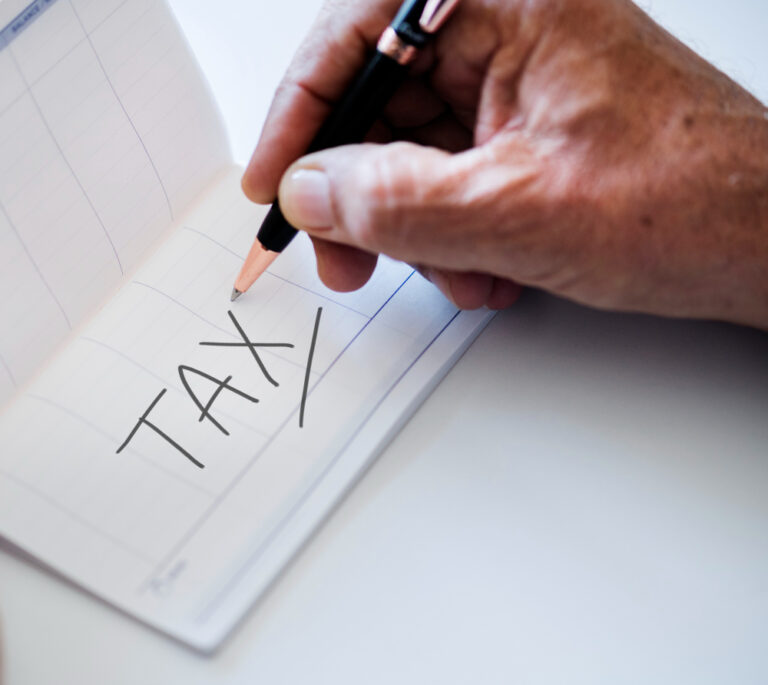What You Need Before Filing Your Personal Tax Returns in South Africa
Filing your personal tax returns with SARS (South African Revenue Service) doesn’t have to be stressful — as long as you’re properly prepared. Whether you’re submitting your own return through eFiling or working with a registered tax practitioner, gathering the right information beforehand is crucial. Proper preparation ensures an accurate assessment, speeds up your refund, and reduces the risk of penalties or audits.
In this guide, we’ll walk you through exactly what you need before filing, why it matters, and how to avoid common mistakes during the personal tax return process.
Who Needs to File Personal Tax Returns?
Not every South African taxpayer is required to file. However, you must file personal tax returns if any of the following apply:
- You earned more than R500,000 and had multiple income sources (e.g., salary plus rental income).
- You switched employers during the tax year.
- You want to claim deductions (like medical expenses or retirement contributions).
- You earned income from outside South Africa.
- You are a provisional taxpayer (self-employed, earn freelance income, or earn interest over R23,800 if under 65).
- SARS sent you a request to file via SMS, email, or eFiling notification.
If you’re unsure whether you meet the criteria, it’s better to confirm with a tax professional rather than risk non-compliance.

Checklist: What You Need Before Filing Personal Tax Returns
Before logging into eFiling or booking an appointment with your tax practitioner, make sure you have these key documents ready:
1. Income Documents
- IRP5/IT3(a) Certificates: From your employer, showing your salary and PAYE deductions.
- Investment Certificates (IT3(b) / IT3(c)): Detailing interest, dividends, and capital gains from banks or brokers.
- Rental Income Documents: Lease agreements, rental statements, and proof of expenses (levies, rates, agent commissions).
- Freelance/Consulting Income: Invoices, contracts, and payment proof.
- Foreign Income Summaries: Including foreign salaries or investment income, converted to ZAR.
2. Deduction Documents
- Medical Aid Tax Certificates: Issued by your medical scheme, required to claim medical credits.
- Retirement Annuity Contribution Certificates: Provided by your retirement fund to claim tax-deductible contributions.
- Travel Logbooks: For those with travel allowances or company vehicles (must include odometer readings and business travel records).
- Donation Receipts: Section 18A certificates if you’ve donated to approved public benefit organisations (PBOs).
- Home Office Expenses: Layout plan, invoices, and proof if claiming for remote work deductions.
3. Special Situations
- Capital Gains Tax (CGT) Events: If you sold shares, property, or unit trusts, you’ll need the relevant CGT summaries.
- Deceased Estate Tax Information: If applicable, including IT12 submissions.
Preloaded vs Manual Information
SARS often preloads key information onto your eFiling profile, such as IRP5s, medical aid certificates, and retirement annuity summaries. However, you must still review everything carefully.
Important Tip:
Never submit your personal tax returns without checking the preloaded data for accuracy. If anything is missing or incorrect, contact the relevant institution (your employer, medical aid, or bank) to fix it before submitting — or manually update it yourself if necessary.
Common Mistakes to Avoid When Filing Personal Tax Returns
Avoid these common mistakes to make your tax filing smooth and stress-free:
- Submitting Too Early: Third-party data is usually only finalized by mid-July. Filing early can mean incomplete or inaccurate information.
- Forgetting Side Income: SARS cross-checks your banking and financial records. Always declare freelance, rental, or consulting income.
- Incorrect Banking Details: Outdated or wrong bank information can delay your refund — or cause it to bounce.
- Neglecting Travel Logs: Claiming a travel deduction without a full logbook will almost certainly trigger an audit.
- Overlooking Provisional Tax Requirements: If you earn additional income, you may need to file provisional tax — not just the regular return.
Tax Season Timeline for 2024/2025
For individual taxpayers (non-provisional):
- Opening Date: July 2024
- Closing Date: October 2024
For provisional taxpayers:
- Closing Date: January 2025
Tip:
File your personal tax returns early if you’re expecting a refund — but only after confirming all your data is accurate.
Should You Use a Tax Practitioner?
SARS eFiling is user-friendly, but there are definite advantages to working with a registered tax practitioner, especially if:
- You have multiple income sources (e.g., salary plus freelance or rental income).
- You’re claiming complex deductions (such as home office expenses or medical credits).
- You’ve been audited before, or you previously filed a dispute.
- You’re emigrating, selling significant assets, or need estate planning support.
At Sparrows Accounting, our expert team ensures your personal tax returns are filed accurately, on time, and optimized for maximum tax efficiency — with full confidentiality and professional guidance every step of the way.
Final Thoughts
Being prepared before filing your personal tax returns can save you time, reduce stress, and help you maximize your refund. With the right documents on hand and expert support when needed, tax season becomes a simple, manageable process.
Disclaimer: This article is intended for general informational purposes only and reflects the legislation and SARS practices in effect at the time of publishing. Tax laws are subject to change, and individual circumstances vary. Always consult a registered tax practitioner or financial advisor for advice tailored to your situation.







